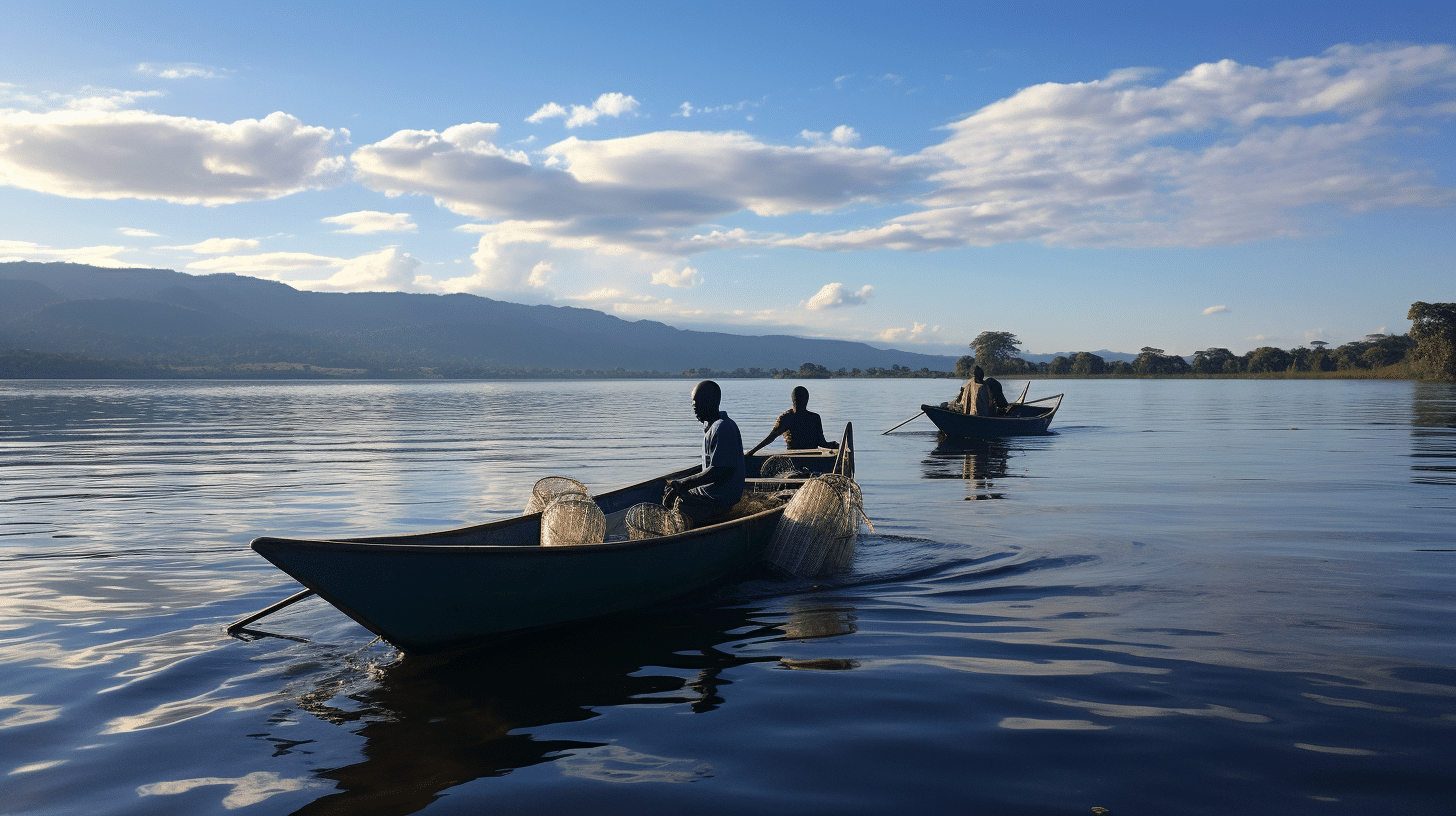Fishing in Kenyan lakes has been a contributor towards creating employment and as a source of income to the fishermen. Lake Victoria and Lake Turkana are examples of major lakes in Kenya where fishing activities is commonly practiced. The fishing industry is faced by the following challenges which need to be dealt with urgently.
High demand for fish has led to overfishing mostly in Lake Victoria where fishermen have been using mosquito nets to fish hence catching very small fish leading to decline of fish population as an end result. This should be dealt with by teaching the public on importance of ensuring sustainable fishing practices.
Lack of modern facilities by fishermen such as refrigerators to preserve their fish. Lack of these refrigerators has led to increased losses due to fish getting spoilt. Initiative should be taken by the county governments to suppot fishermen so that they can improve on fishing technology such as preservation of their fish to increse the profit margins and improve on the fishing economy.
Water weeds like the hyacinth common on Lake Victoria have led to increased interference to fishing activities. Their decay also increases the concentration of different poisonous gases to water hence the aquatic organisms cannot survive well. Fishing nets get traped in the hyacinth which are also a home of forreign microorganisms that interfere with the existing ecosystem balance in the lakes.
Some fishing methods where some harmful chemicals are used in fishing also lead to death of fish and other aquatic animals . This method is also dangerous to people incase they consume the water for domestic purposes too.
Local fishermen do not have modern machinery for fishing such as motorized boats and proper nets. They therefore use traditional methods of fishing which are not economical because they use a lot of time but the catch is little.
Mismanagement and misunderstandings among leaders of cooperative societies has led to lack of proper coordination in fishing activities. Fishermen do not have a common bargaining group and they end up getting poor prices for the fish.



0 comments